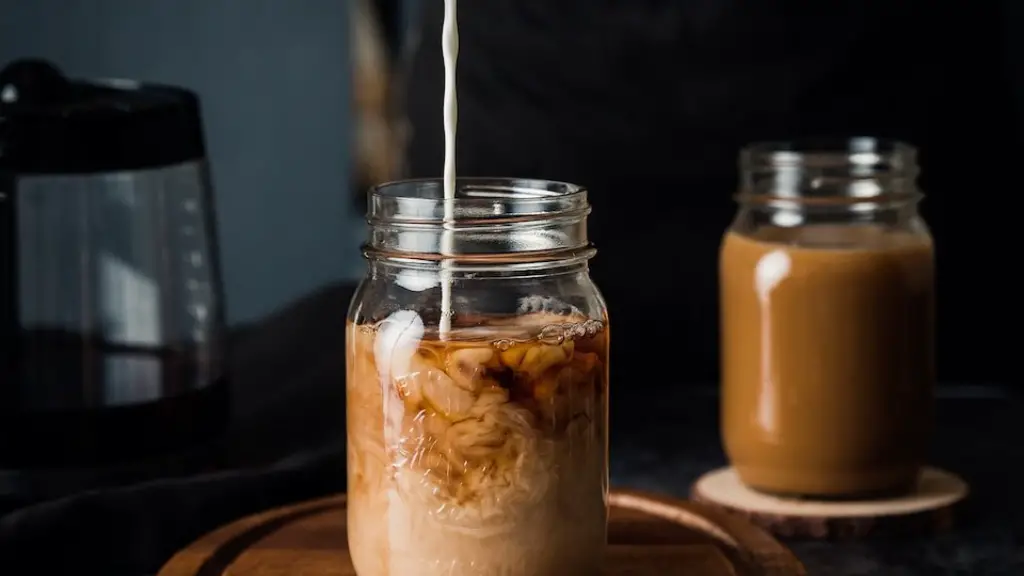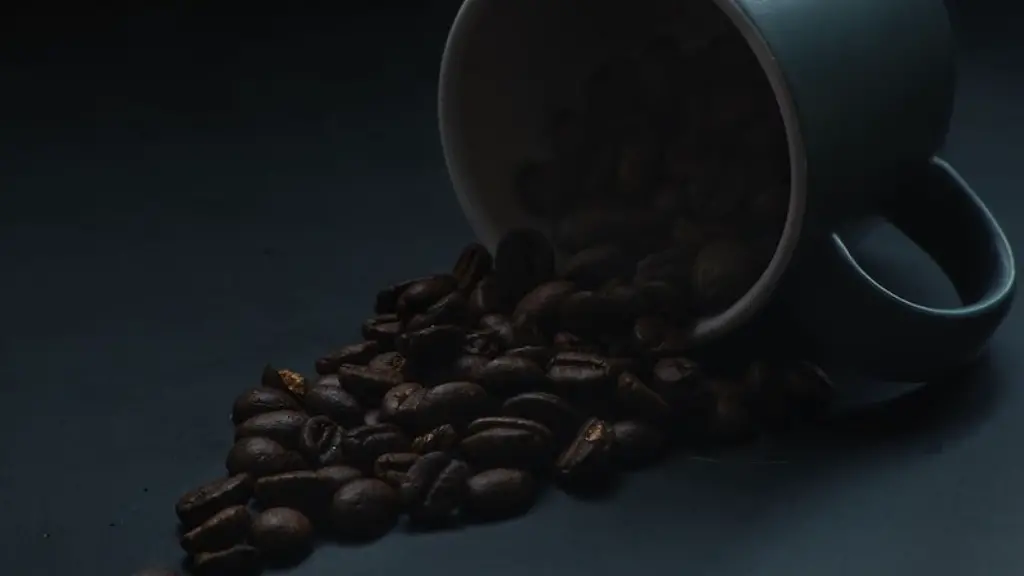Tea
Well known for its antioxidant properties and its ability to calm and relax, tea is fast becoming one of the best drinks for energy and focus. Tea can provide a long-lasting energy boost, without the jitters and anxiousness that coffee sometimes brings. Tea is an ideal choice as a substitute for coffee, containing fewer stimulants and a rich supply of antioxidants. There are many different types of tea with different caffeine levels, including green, black, oolong and white, so there’s plenty of room to explore and find a blend of tea that works for you. For example, green tea does contain caffeine but is considered to be a ‘gentler’ caffeine than what’s found in coffee, delivering a steady, more relaxed burst of energy.
Although it won’t be as potent as black tea, green tea also contains L-theanine, an amino acid that assists in promoting alertness, relaxation, and focus as well as enhancing creativity. That said, there are dozens of quality teas available, so partaking in a little ‘tea journey’ may be necessary to find the blend that works best with your system.
Kombucha
The popular fermented beverage, kombucha, actually contains caffeine, but at significantly lower levels than coffee. Studies show that kombucha boosts energy while calming nerves, so it’s a great choice when looking for a higher level of alertness without the jitters and crash. Kombucha has less than 1/5th of the caffeine of a cup of coffee, but offers the benefit of its probiotic content, which supports beneficial bacteria in the gut. As an additional benefit, kombucha naturally contains several minerals, like magnesium and iron, which are necessary for our body’s energy production.
In particular, black tea based kombucha tends to have more powerful energising properties than green tea based kombucha. Kombucha can come in many different flavours and so can be a really fun and delicious option for those looking for an energy boost. Make sure to opt for kombucha that is caffeinated, as the non-caffeinated versions offer less energy.
Ginseng
Ginseng, a medicinal root, has been used in Chinese medicine for hundreds of years. The two main forms of ginseng are panax ginseng and Siberian ginseng. Panax ginseng has a reputation of having the most potent energising properties, due to its naturally occurring sugar, glucose, and saponins. At its core, this sugar gives the body energy, but the saponins, known as ‘ginsenosides’ are what helps direct the energy to the necessary parts of the body that need an extra boost.
When used in moderate amounts, panax ginseng not only provides an energy boost, but also offers a decrease in exhaustion, improved concentration and focus, and a better overall mood.
Matcha
Matcha is the powdered form of green tea, and is growing in popularity. It’s packed full of antioxidants and has unique nutrient compounds, one of which is an amino acid called L-theanine. Matcha’s combination of caffeine and L-theanine offers a steady energy boost with a tranquil, calming effect, so a cup of matcha is a great choice as a coffee substitute. Matcha also contains catechins, which help speed up the metabolism, boost your immune defence and support weight loss.
It’s recommended to purchase organic matcha and only use natural sweetener if desired. Matcha is often consumed as a tea, but there are many creative recipes for smoothies, lattes, ice creams and desserts that contain matcha, so you won’t be short of delicious options.
Herbal Teas
Herbal teas are not only delicious, they can also give you an energy boost when you need it. Herbal teas are naturally caffeine-free, so are great for those looking for a coffee substitute without the digestive complications that coffee may cause. While herbal teas don’t have the same energising effects as coffee and caffeinated teas, some herbal teas are packed full of nutrients that help support your energy levels.
Examples of energising herbal teas include ginger tea, nettle tea, peppermint tea, hibiscus tea and raspberry leaf tea. These contain vitamins and minerals like folic acid, potassium and vitamin C, which are necessary for energy production and boosting your immune system. They also each have their own unique medicinal benefits to offer.
Coconut Water
Coconut water is an ancient beverage, providing the body with an electrolyte boost and energising benefits that can last up to 24 hours. It contains natural sugars, fiber, and a range of vitamins and minerals, including vitamin C, magnesium, and potassium, which help to regulate the body’s normal functions. Coconut water is known for its hydration benefits, so if you’ve been feeling excessively exhausted and fatigued, this is a great option as it can help restore your body fluids.
Also, due to its sodium content, coconut water can be beneficial in maintaining stable blood-sugar levels, reducing stress, and improving energy and alertness. Any coconut water brands that have added sugar, preservatives, or artificial flavors should be avoided, as these have the potential to have an opposite effect.
Water
It may be one of the least exciting options, but drinking water is a classic go-to for many when looking for an energy increase. For those that are chronically dehydrated, water can help to boost your energy levels. As dehydration can cause many problems, such as feeling fatigued, dizzy, and even experience shortness of breath and confusion, so it’s important to make sure we are getting enough water.
Recently, many water flavouring options have become available, such as lemon and cucumber slices, berries, and certain herbs. When choosing water flavouring options, it’s important to make sure the flavourings are natural so as not to introduce additional sugars or preservatives.
Supplements
For those whose energy levels are low, taking energy boosting supplements can be a great idea. Supplements can be helpful in providing an energy increase, as they are often packed with high-levels of essential vitamins and minerals, including B vitamins and iron. Specifically, B12 and iron deficiencies can be one of the main causes of low energy and fatigue, so supplementing with a high-quality product can be hugely beneficial in enhancing energy levels.
Cocoa powder and maca are some of the most popular supplements for energy, as they naturally contain stimulants like guarana, which help to increase energy levels without any crashing effects. At the same time, they offer additional benefits, like improved brain functioning and enhanced mood.
Conclusion
So while coffee is often a go-to energy booster, it’s not the only option available to us. There are many different drinks and supplements that can give us that extra boost of energy without the unnecessary crashing and jitters. It’s also important to carefully assess your body’s needs and choose the options that will best suit you. Every body is different and everyone’s energy levels are affected differently.




